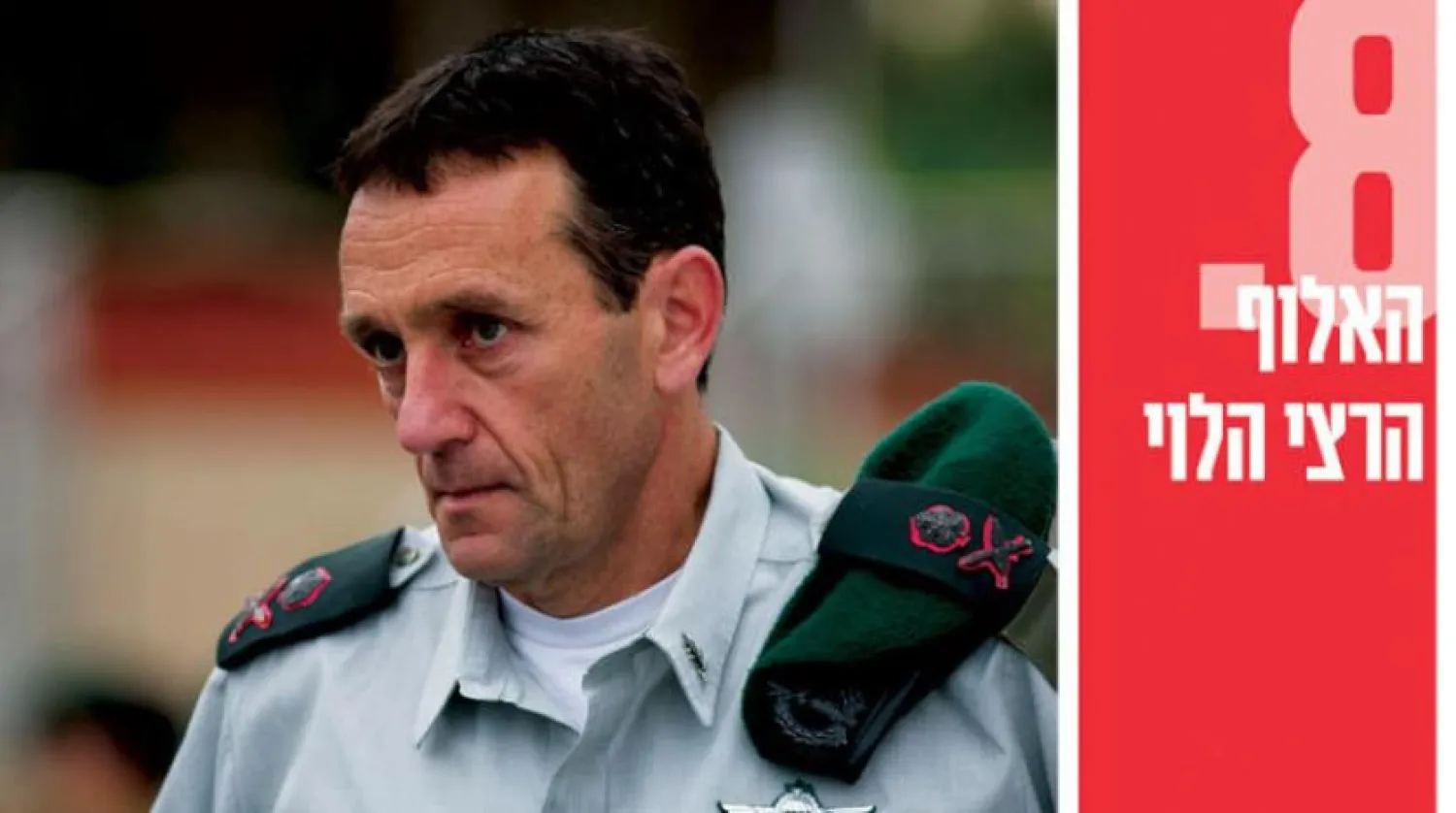The Israeli government on Sunday approved Major General Herzi Halevi as the Israeli army’s chief of staff, replacing Lt. Gen. Aviv Kochavi.
Halevi will take office on January 17th, 2023.
The chief of staff's term usually lasts for three years and is renewable for one year.
The selection of Halevi drove criticisms and internal disputes between the government and the opposition.
Former PM Benjamin Netanyahu hoped that the post would be filled by Eyal Zamir, his former military secretary.
Netanyahu had even asked to postpone the selection of the chief of staff until after the elections, which will be held on November 1, so that the current government, whose term has expired, would not impose the appointment on a future government.
However, Defense Minister Benny Gantz insisted on closing this file less than two weeks before Israelis head to the polls early next month.
Halevi, 55, was first enlisted in the army as a paratrooper before joining the commando unit.
Married with four children, he lives in the Kfar Haoranim settlement near the green line border.
The new Chief of Staff of the Israeli army was born in 1967 in Jerusalem to a religious family.
He was enlisted in the army in 1985 as a paratrooper before joining the Sayeret Matkal commando unit in 1993.
In 2014, Halevi was appointed as head of military intelligence, and four years later was named as head of the southern command.
In 2021, he was appointed as Deputy Chief of Staff.
Through his military service, Halevi joined dozens of commando operations.
In 1994, he took part in the famous Operation Poisonous Sting, in which Hezbollah leader Mustafa al-Dirani was kidnapped and he also participated in the failed attempt to rescue Private Nahshon Waxman.
He joined the operation in which Palestinian President Yasser Arafat was placed under siege in Ramallah.
In 2008, he served as commander of the Paratroopers Brigade and an assistant official in the Armored Brigade in Operation Cast Lead, the 22-day military assault on the Gaza Strip.
He is known for leading the fight against Hamas and Islamic Jihad rockets from the Gaza Strip and for fighting incendiary balloons.
Halevi had traveled to Doha to allow the entry of Qatari funds to the Hamas government.
On Sunday, Israeli Prime Minister Yair Lapid welcomed the appointment, saying Halevi would face the same “main challenge” as past army chiefs, ensuring Israel’s military is “stronger, more sophisticated and more determined” than “our enemies.”









